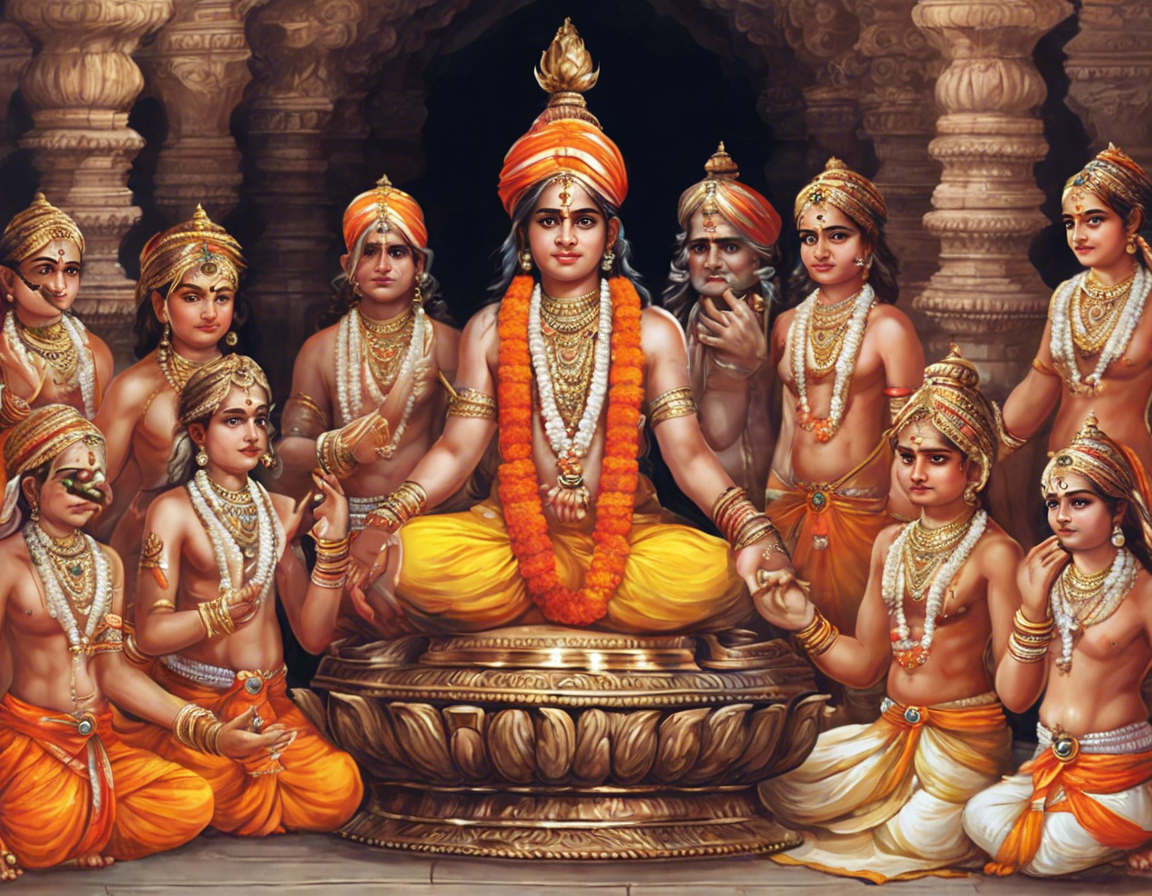The Ujjain rape case has captured the attention of the nation, shedding light on the prevalence of sexual violence against women in India. The incident, which occured in the city of Ujjain in the state of Madhya Pradesh, has sparked outrage and demands for justice. As the details of the case continue to unfold, it is crucial to understand the context in which this crime took place and explore the underlying issues that contribute to such heinous acts.
Background of the Case
The Ujjain rape case involves a young woman who was abducted and sexually assaulted by a group of men. The victim was reportedly lured to a secluded location under false pretenses, where she was then subjected to a brutal attack. The perpetrators are believed to have taken advantage of the victim’s vulnerability and lack of awareness about their malicious intentions.
The Culture of Victim-Blaming
One of the most troubling aspects of the Ujjain rape case is the pervasive culture of victim-blaming that often follows such incidents. In many instances, instead of holding the perpetrators accountable for their actions, the focus shifts to scrutinizing the behavior and actions of the victim. This perpetuates harmful stereotypes and reinforces the notion that women are somehow responsible for the violence inflicted upon them.
Impact on the Community
The Ujjain rape case has not only had a profound impact on the victim and her family but has also sent shockwaves through the local community. Incidents of sexual violence can erode trust, create fear and anxiety, and have long-lasting psychological effects on those directly and indirectly affected. It is essential for communities to come together, support survivors, and work towards creating a safer environment for all individuals.
Addressing Systemic Issues
To prevent future incidents of sexual violence, it is crucial to address the systemic issues that enable such crimes to occur. This includes challenging harmful gender stereotypes, improving access to education and resources, strengthening laws and law enforcement mechanisms, and fostering a culture of respect and equality. It is only through a comprehensive, multi-faceted approach that we can begin to dismantle the structures that perpetuate violence against women.
Seeking Justice
In the wake of the Ujjain rape case, there have been calls for swift and effective justice to be served. It is essential for the legal system to prioritize cases of sexual violence, ensure that survivors are supported throughout the judicial process, and hold perpetrators accountable for their actions. Justice not only seeks to provide closure to the victim and their families but also serves as a deterrent to potential offenders.
Moving Forward
While the Ujjain rape case has brought to light the harsh realities of sexual violence in India, it has also sparked a renewed sense of urgency to address these issues head-on. By engaging in open conversations, advocating for policy change, supporting survivors, and holding perpetrators accountable, we can work towards creating a society where all individuals are safe, respected, and empowered.
Frequently Asked Questions (FAQs)
1. What should I do if I or someone I know has been a victim of sexual violence?
If you or someone you know has experienced sexual violence, it is essential to seek help and support immediately. Contact local authorities, helplines, or support organizations that can provide assistance and guidance.
2. How can I support survivors of sexual violence in my community?
You can support survivors by offering a listening ear, validating their experiences, and connecting them with resources such as counseling, legal aid, and medical assistance. It is crucial to respect the survivor’s autonomy and choices throughout the recovery process.
3. What role can men play in preventing sexual violence?
Men can play a crucial role in preventing sexual violence by challenging harmful behaviors and attitudes, promoting gender equality, and speaking out against violence towards women. Engaging in conversations with other men and challenging toxic masculinity are also important steps towards creating a safer society for all individuals.
4. Are there specific laws in place to address sexual violence in India?
Yes, India has laws such as the Protection of Women from Domestic Violence Act, the Sexual Harassment of Women at Workplace (Prevention, Prohibition and Redressal) Act, and the Criminal Law (Amendment) Act, 2013, which criminalizes various forms of sexual violence and provides mechanisms for reporting and seeking justice.
5. How can communities work together to prevent sexual violence?
Communities can work together to prevent sexual violence by organizing awareness campaigns, promoting gender equality education, fostering safe spaces for victims to come forward, and advocating for policies that protect and support survivors of sexual violence. By working collectively, communities can create a culture of respect and consent.
In conclusion, the Ujjain rape case serves as a stark reminder of the urgent need to address sexual violence in India. By acknowledging the systemic issues that perpetuate such crimes, supporting survivors, and advocating for justice, we can work towards creating a society where all individuals can live free from fear and violence. It is only through collective action and a commitment to change that we can build a safer and more equitable future for all.
